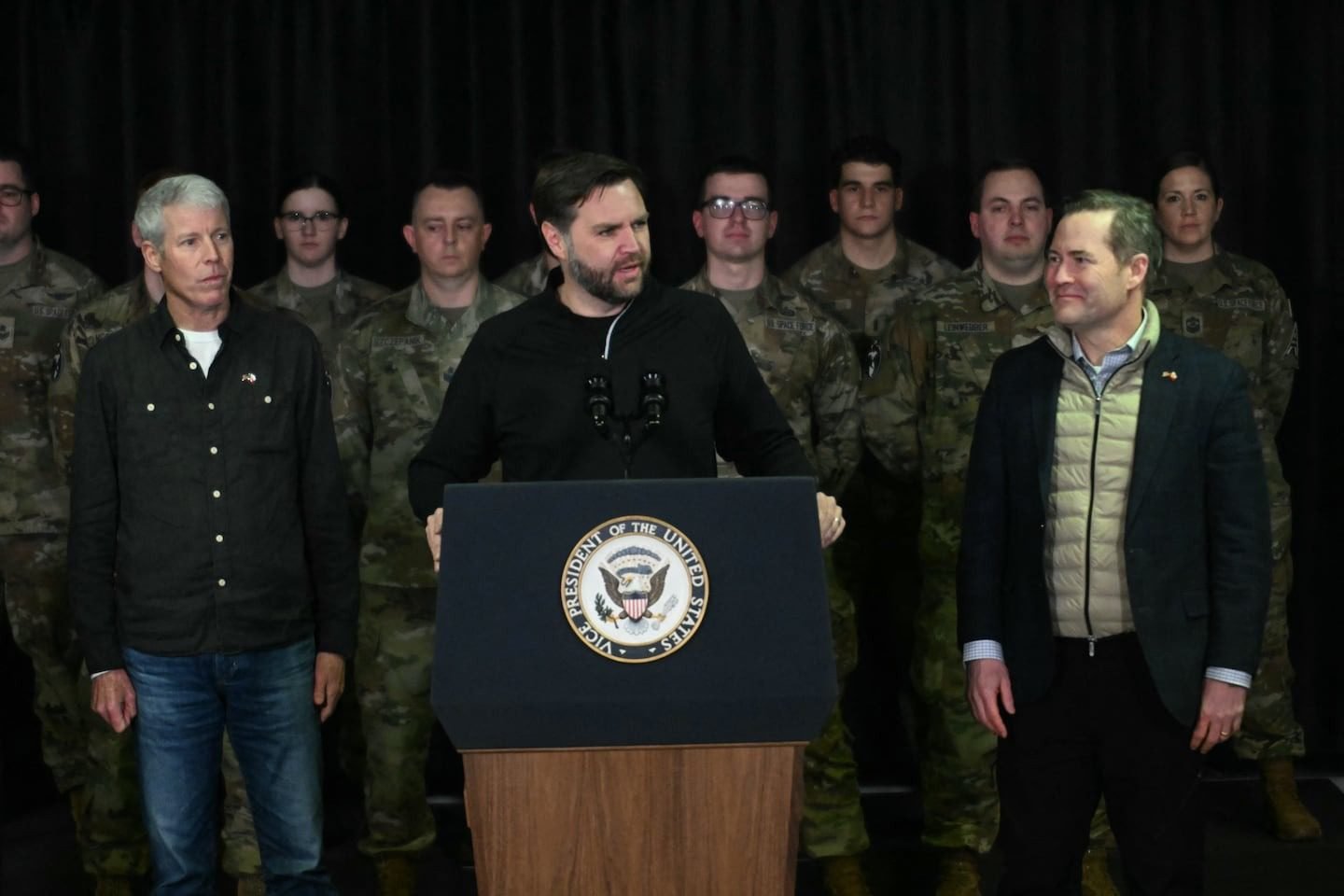US Vice-President JD Vance’s recent visit to Greenland has sparked significant controversy and debate, as he accused Denmark of neglecting the island’s security and urged Greenlanders to consider a deal with the US. Vance’s comments come amidst a backdrop of geopolitical tensions and historical ties between Greenland, Denmark, and the US. This visit has not only raised questions about Greenland’s future but also highlighted the complex dynamics at play in the Arctic region.
During his visit to Greenland, Vice-President JD Vance accused Denmark of leaving the island vulnerable to alleged incursions by China and Russia. He argued that Denmark had not invested enough to protect the semi-autonomous territory, which has been under Danish control for over 300 years. Vance emphasized the strategic importance of Greenland, citing its untapped mineral and oil reserves, as well as its significance in global security. He suggested that the US could offer better protection and investment, urging Greenlanders to embrace “self-determination” and sever ties with Denmark.
Despite Vance’s assurances, an overwhelming majority of Greenlanders oppose the idea of annexation, as indicated by a poll conducted in January. Greenland’s Prime Minister, Jens-Frederik Nielsen, criticized the US visit, stating that it showed a “lack of respect for the Greenlandic people.” Many Greenlanders expressed uncertainty and concern about the visit, fearing potential colonization and a loss of their cultural identity. The visit has also highlighted the ongoing debate within Greenland about its future relationship with Denmark, with some political parties advocating for independence.
Denmark’s Prime Minister, Mette Frederiksen, strongly refuted Vance’s claims, emphasizing Denmark’s commitment to Greenland’s security and development. She highlighted Denmark’s increased defense spending and plans to further invest in surveillance, Arctic ships, drones, and satellite capacity. Frederiksen stressed the importance of cooperation with the US based on international rules and mutual respect. Denmark’s King Frederik also expressed his deep connection to Greenland, rejecting any notion of US intervention.
Vance’s visit and comments have raised questions about the US’s intentions and potential strategies in Greenland. While Vance stated that the US did not have immediate plans to expand its military presence, he hinted at increased investment in naval ships and icebreakers. Some experts, like University of Alaska professor Troy Bouffard, suggest that the US may be considering a more robust relationship with Greenland, potentially replacing Denmark’s role. This could involve taking on responsibilities traditionally held by Denmark, thereby altering the geopolitical landscape of the region.
The controversy surrounding Vance’s visit has drawn international attention, with Russian President Vladimir Putin expressing concern about the potential for conflict in the Arctic. Putin highlighted the increasing militarization of the region by NATO countries. The situation also underscores the broader geopolitical tensions between the US, Russia, and China, as each nation seeks to assert its influence in the Arctic. The outcome of this situation could have far-reaching implications for global security and international relations.
Vance’s visit to Greenland has brought to the forefront the complex and often contentious relationship between Greenland, Denmark, and the US. While Vance’s accusations and proposed solutions have generated significant debate, they also highlight the strategic importance of Greenland in an increasingly polarized world. As Greenlanders, Denmark, and the US navigate these challenges, the future of Greenland remains uncertain. The path forward will require careful diplomacy, mutual respect, and a commitment to preserving Greenland’s sovereignty and cultural heritage.




